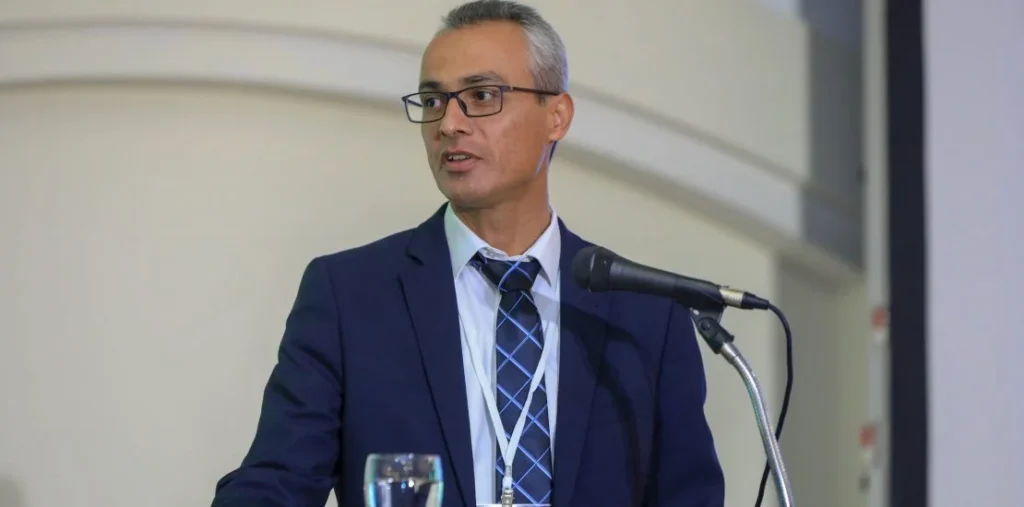Dr.. Sami Miari – Lecturer at Tel Aviv University and Oxford University and Director General of the Arab Economic Forum
The term of the 922 plan ends in 2020, and this, in my opinion, is a good opportunity to review the experience and correct the many errors related to it, and remove many illusions about it by setting things straight and calling them by their correct names, so that we, as a society, can have a better economic plan for the coming years that can bridge the gaps. In a better way, and to bring us closer to achieving the desired equality, and to serve as a real and feasible investment in our Arab society. In this short article, I want to point out 3 basic mistakes that marred the stage of preparation and negotiations with the government on Plan 922.
The first mistake in the 922 plan was that the negotiating Arab delegation did not have mechanisms of action, nor an elaborate plan or program for persuasion, and they were not equipped with an economic strategic plan to demand the rights of the Arab community. The absence of the role of academics, experts, and economists from the Arab delegation that negotiated with the government prevented the existence of an economic plan based on their research, proposed plans, and perceptions, and on their broad understanding of the economic field, its terminology, data, and equations. Negotiations with the government over an economic plan require a central presence of those with specialization, capabilities, and scientific and practical knowledge in the economic field. This may seem implicitly understood by everyone, but this did not happen when Plan 922 was approved. On the contrary, there was no economist with the delegation, and the leading role of researchers and economists was canceled and their research and figures were used without documenting the source. The attempt to alienate scholars and researchers is due to the desire of political figures to monopolize the media, and not to reveal the truth about the plan and market it as an achievement for personal political gains, or partisan at best, but the losses were collective.
The second mistake in the stage of preparation and negotiations, which is linked to the first, was the failure to form working groups of professionals in the Arab community in areas related to the plan. So that each of these groups prepares five comprehensive plans, then formulates them into one plan based mainly on surveys of the needs of the Arab community, and insists on them as a basis for negotiating with the government, and not that the plan that was approved by the government within Resolution 922 was prepared by a private company called TASK. This is what should have been done last time, and the opportunity still exists to accomplish this work, which – in my opinion – should be under the roof of the Follow-up Committee, which also includes the Qatari Committee and the Joint List.
The third, and fundamental, mistake is the wrong approach to economic issues, and dealing with them as if they were issues that concern local authorities only, and not the entire society in a structural way. This deepens the trend of collective discrimination against us. Economic issues are more comprehensive than the area of local government, and the result was that the economic plan brought crumbs to the Arab community and did not meet its needs and did not carry within it mechanisms for radical change that would achieve economic growth and ensure a safe exit from accumulated poverty.
The strongest evidence for this is what happened in the 2017 and 2018 budgets and the government decision to allocate NIS 5 billion to the city of Netivot in 2018 in the housing sector only. Even if we assume the same wrong assumption that the economic plan of 922 reached 9 billion in all its items (although I proved in a previous article that it did not actually exceed 2.5 billion), this means that 9 billion shekels for all Arab cities and villages in all fields and for a period of 5 years. That is, less than 2 billion a year. While only one Jewish town received 5 billion in one year and for one field only: This is irrefutable evidence of the real economic size of Plan 922, and of the problem of inflating numbers to market achievements instead of criticizing discrimination, and demanding budgets that “fell in the way,” as evidenced by the fact that The needs of Arab society are much more than this plan, as well as the continuing inequality in the distribution of financial wealth, which is the core of the problem and is what should concern politicians and disturb their sleep.
It is the appropriate historical moment to work seriously to draw up a comprehensive economic plan with the involvement of specialists in all fields in order to achieve and collect our civil and economic rights. And I call on all those who have the capacity, including NGOs, Knesset members, and heads of local authorities, to join the Arab Economic Forum in order to start this work. We have an irreplaceable opportunity due to the international community’s support of our political and economic issues in an unprecedented way, and the need for a new economic development plan that replaces the 922 plan, which is ending, just as I mentioned, this year. As a society, we have all the capabilities to organize collectively and professionally and put forward a well-thought-out and achievable plan, and not doing so now would be a waste of a right and a failure for which future generations will hold us accountable.

